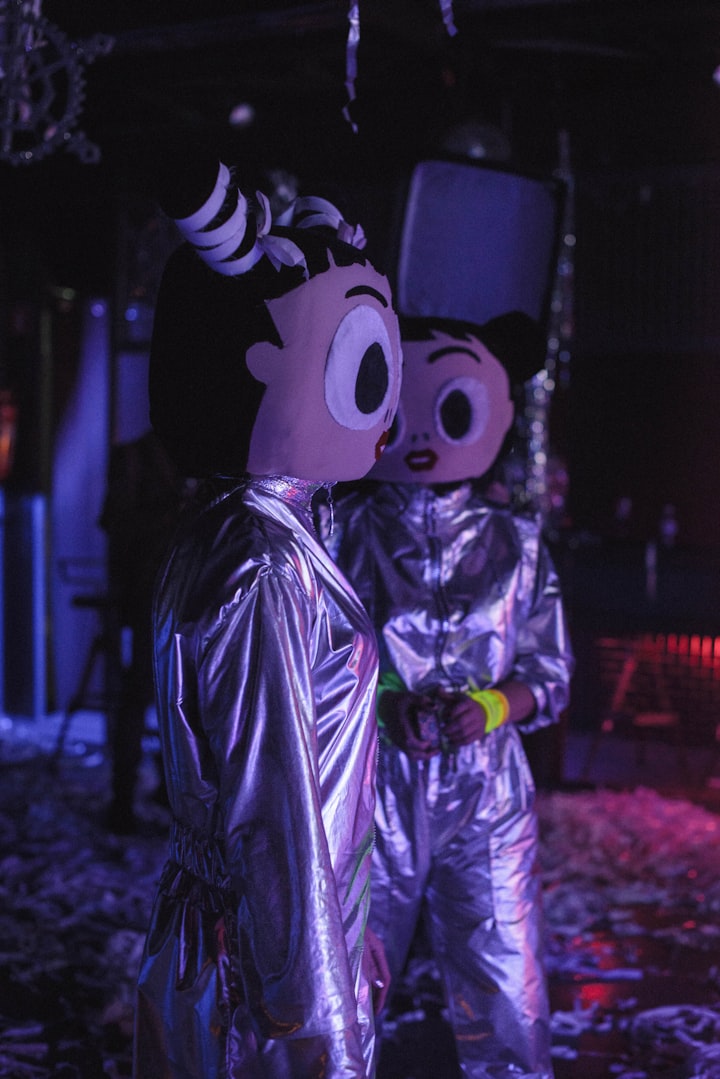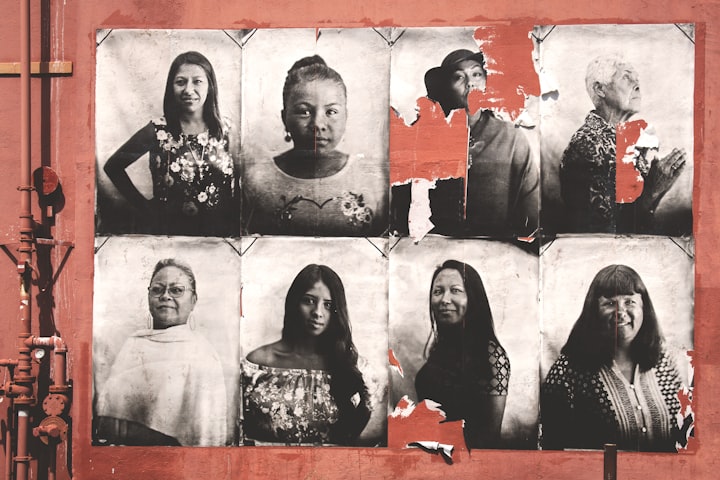Alienation, society of the spectacle, cryptocurrencies and behavioral economics Part 1
Study of advanced Life Cycle

With the birth of capitalism, the notion of work became a civilizing ethos. Thus, in the 19th century, Marxism transformed workers into the subjects of social emancipation and, in fact, it was they who provoked the revolutions of the late 19th and early 20th centuries. The welfare state, for its part, turned them into the middle class. The neoliberalism of the late twentieth and early twenty-first centuries led them to absolute precariousness.
However, it is necessary to reflect on what work means, as a concept and notion of base for this civilizing project, in contexts of the emergence of artificial intelligence, the internet of things, the automation of production, the emergency informational goods and social networks, the phenomenon of cryptocurrencies, among others, and that account for substantial transformations in late capitalism.
This reflection is important because the 21st century cannot repeat the ethos of the 20th century; because it is necessary to establish the conditions of possibility for other debates, for example, the need for universal basic income without conditions, or the reduction of the working day without reduction of remuneration, among others.
Work, workers
Indeed, there is an ethos of work in modern societies, but beyond that ethos, what do these workers think of the work process? What are your dreams? What meaning of life and the world have they managed to build? What are their affections, their emotions, their hopes, their dreams, their frustrations, their longings, their pains, their nightmares like? What space is there for human dignity?
We have known since Kant that human beings must always be considered as an end, not as a means. But in industry or in the office, or in the workshop, they become not only a medium but an appendage of machines, and many times less than that. They are there, in the factory or the office, because they do not have a plan B that will free them from it. Meeting your highest priority needs depends on that job. It is the access key to obtain the necessary income for them and their families. Outside of that job, in general, they have no other income option and without income, it is impossible to live in capitalism. Therefore, they do whatever, whatever, and whenever. It is social conditions that have shaped the labor market,
The political economy never cared about that. The discourse of modern economics considers, looks at, and registers them as data within the structure of production, exchange, and consumption. It ascribes them within the concept of marginal productivity of capital and they are transformed into a simple input with a capacity to create a certain wealth. Not only that, but it also makes them guilty of unemployment, which they consider voluntary. Their condition as workers, that is, as human beings who have a workforce at the service of the production of goods and services, is part of the calculation of labor markets and the marginal costs of production.
Wages, in the theoretical discourse of economics, are a kind of balance that defines the boundary between employment and unemployment in the equilibrium of the labor market. But for them, as human beings with dignity and needs, employment or unemployment is more than an economic indicator. It is the border between anguish and certainty, and, in some cases, between life and death. It is a border that has a lot of metaphysics because it concerns the most intimate substratum of being in the world, a status of uncertainty and vulnerability that is defined from employment, but that is never nor will it be considered as data in the discourse of the economy.
The ethos of work runs through society as one of its fundamental vectors, unifying and solidifying it under a common goal: productivity. The condition of workers is highlighted and magnified because, indeed, it is their work that creates value, but at the same time that that work condition is imposed as a social norm, all affective, ethical, aesthetic, erotic dimensions are ignored and hidden. playful and emotional that gives human beings their specificity and their ontology.
Indeed, as conscious, affective, emotional and intelligent human beings, of course workers are much more than just work, or workforce. The conversion of human beings into workers implied, a fortiori, a loss of their ontological condition. All the testimonies show that in the factories there is an ontological emptying of the human, but this does not prevent us from limiting the ideology about work and questioning it. This is precisely why it is worth asking ourselves about this theoretical bias of modernity and capitalism on the ethos of work, and radically wondering if this bias impoverished the complexity of the human by turning it only into a worker. Lewis Mumford is right when he points out: “The gospel of work was the positive side of the inability for art, play
About the Creator
Sarmad Mayo
If you are looking for a New side Hustle, Selling Feet Pictures is a lucrative venture for you to start Today.
Sell Feet Pictures on FunwithFeet






Comments
There are no comments for this story
Be the first to respond and start the conversation.